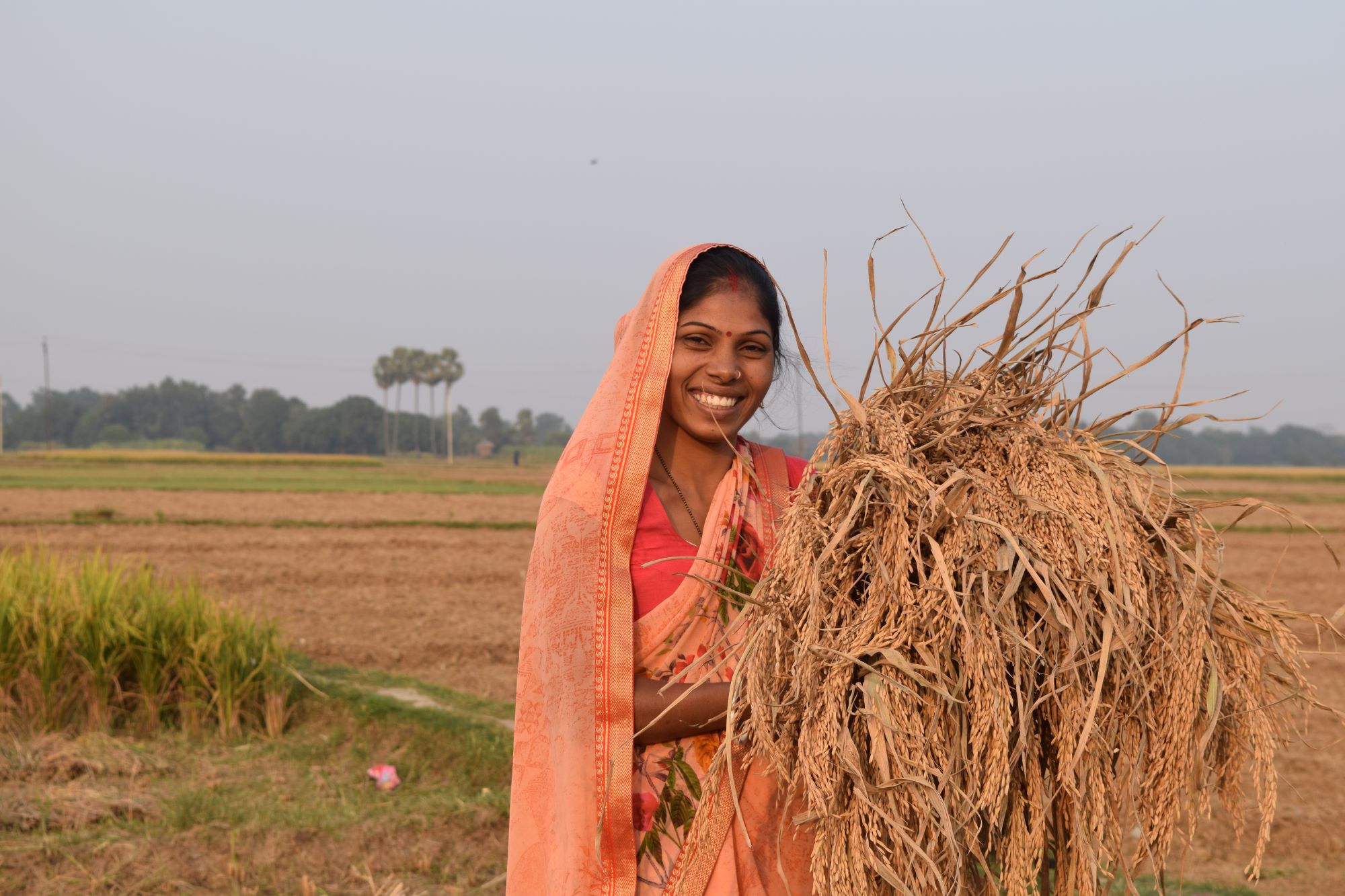Intro: Through proven methods and intensive services, FMCH promotes maternal and child health and nutrition to enable women and children reach their potential, both physically and intellectually
Foundation for Mother and Child Health (FMCH) was founded in 2006 as a grassroots organisation with the idea of bringing good health and nutrition intervention for women and children in vulnerable communities of Mumbai. The organisation launched its very first initiative in a slum-redevelopment building in South Mumbai in 2007. The Foundation focusses on encouraging preventive health, balanced nutrition and child developmental practices in underprivileged communities. To achieve this, it adopts a holistic approach, by embracing, educating and empowering mothers and children in their social environment.
Flagship programme-1000 Days’ Programme
FMCH works with families from the time the woman gets pregnant to the time the child turns two years old (about 1,000 days old). The Foundation’s mission is to ensure that families have access to skills and knowledge that can impact a child’s cognitive development during this critical window. FMCH’s 1000 Days’ Programme operates in two locations as Project Poshan in Kurla, Mumbai and Community Nutrition Initiative in Bhiwandi, Thane.
Through this initiative, which covers pregnant women, children below two years and children over two with acute malnutrition across slums of Kurla and Bhiwandi, FMCH conducts the following:
- Structured education sessions on nutrition, pregnancy and childcare.
- Home-based counselling to ensure all practices of Infant and Young Child Feeding (IYCF) are met – early initiation of breastfeeding, exclusive breastfeeding, initiation of correct complimentary feeding etc.
- Training and supportive supervision for the Anganwadi machinery.
Strategic preparedness
During pandemic times when the Foundation staff was not able to go to the field, FMCH moved all its services to digital platforms that enable it to work remotely. Technology has played a big role in the past few months with phone calls, WhatsApp and other online platforms being used to stay connected with the families FMCH is engaging with. In collaboration with medical specialists from IIT Bombay, technology experts and by using the insights from the field, FMCH has developed the NuTree App for the frontline workers to help them manage their tasks. The NuTree Aapp navigates cases, and supports time-sensitive counselling sessions as it helps with data collection, beneficiary tracking and management, ensuring the Foundation reaches out to all mothers.
The App coupled with our strong community relationship has enabled us to widen our reach even at a time when we are not physically on the field. Due to lack of services in several communities, many families have turned to us as the first point of contact.
Output
All FMCH’s activities lead to an increase in knowledge and eventual behaviour change. This is measured by indicators on IYCF, number of institutional deliveries, nutrition pattern of the mother and child, support given to mothers etc. The impact is measured as reduction and prevention in the wasting, stunting and underweight status of the children.
Impact
Over the last 5 years, FMCH has worked with over 40,000 families across low-income slums of Mumbai. Through its programmes the organisation has seen a 48% reduction in wasting in children who have been with regularly with FMCH, improved birth weights to 2.7kgs (from 1.5kgs), and an increase in the breastfeeding rate (up to 70% increase in some of the interventions; 25 PP higher than the national average), all indicators moving children who are malnourished to regain a state of better health.
Sustainability
FMCH’s projects in each location are carried out for 3 to 5 years. The time period depends on the programme goals, size of the target population, social and cultural psychology etc. There are two aspects of sustainability in the direct implementation work:
Mother support groups: Women from the community who have been through our intervention collectively take ownership of the nutrition and health of the community.
Anganwadi machinery: Before we enter any community, we form relationships with ICDS. Through training and supportive supervision, we are able to make the Anganwadis continue the work even after we exit.
Post-COVID-19 growth model
Undoubtedly, the feeling that grips us when we think about the last few months is uncertainty— impacting everyone unprecedented. The underprivileged have suffered the most, exposing the dark side of unilateral development, forcing us redefine inclusion and sustainability. As dire as it is, we also have a fantastic chance to rebuild and re-imagine more empowered, equitable communities in a post-COIVID world.
The need to work with each other—in all roles as academicians, donors, implementation organisations, government bodies—in a systemic way is stronger than ever. This is how FMCH would be looking at strategy as well. We will continue to impact more mothers through partnerships with organisations and institutions. We also aim to make our programmes more holistic by including many more partners in our community.
Shruthi Iyer
CEO
Foundation for Mother and Child Health








